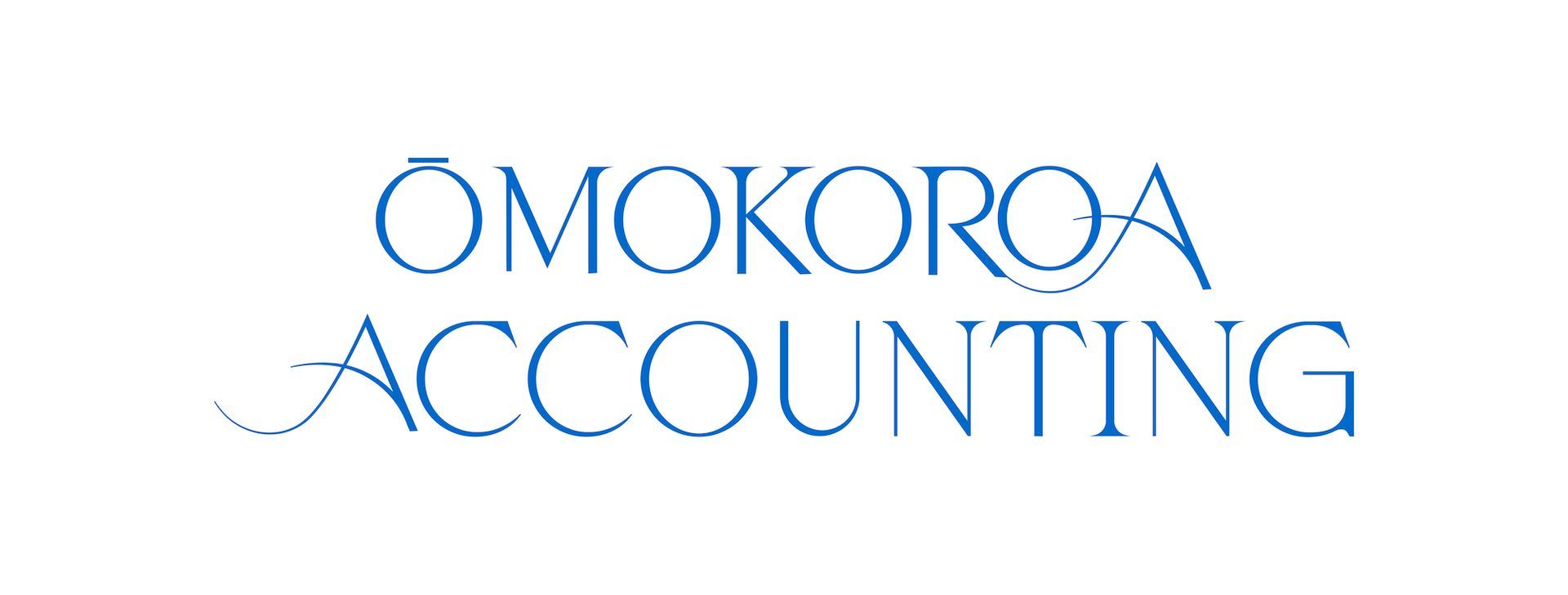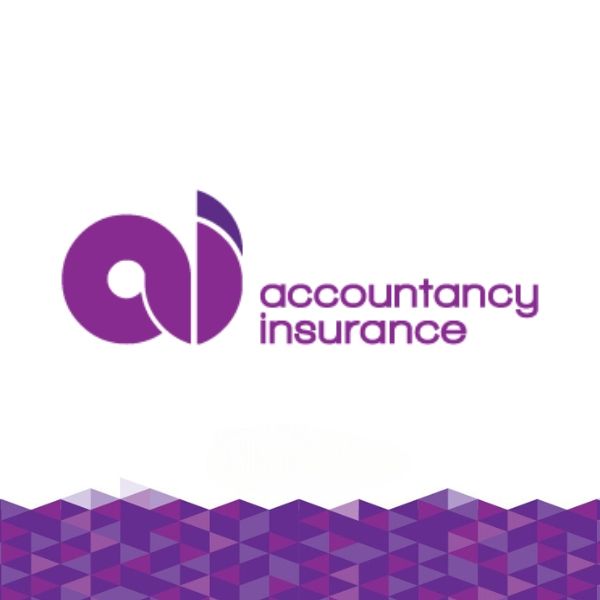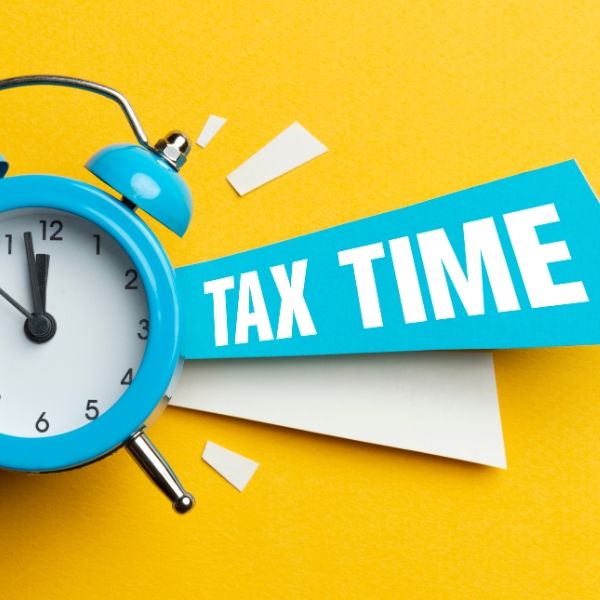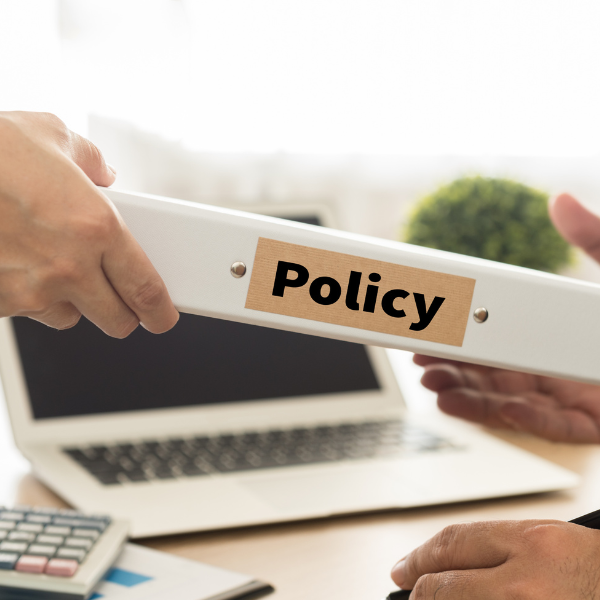FAQs for Small Business Owners: Insights & Advice
We frequently encounter tax and accounting queries posed by small business owners, sole traders, and budding entrepreneurs in small business social media forums. In this article, we’ll delve into some of the recent questions that have come up in these forums, to shed a little light on some common concerns and offer insight for fellow business owners navigating similar financial inquiries.
Below are some actual scenarios discussed by small business owners online.
#1. Paying income tax as a business owner and employee
“I’m a full-time employee and planning to start a small sole-trader side hustle. Would I be charged a higher income tax on my full income (i.e., employment + business income) at a 33% tax rate, or do I pay tax on my sole-trade income separately?”
Our answer: Your total income is added together to determine your tax bracket, but as you will have already paid tax on your wages via PAYE it will just be the sole-trader additional income that will be taxed when you file your tax return. The different types of income are recorded differently in mYIR (Inland Revenue), but it is all added together for the tax calculation. You will need to let the IRD know you’re earning a self-employed income.
For example, if your gross wages equals $48K and your self-employed income equals another $20K, you will only pay tax on the $20K, but you will be taxed at 30% because your gross income has moved up into the 30% tax bracket.
#2. Paying tax on profit
“I run a small business, sole-trader, I am not GST registered. I spent a lot of money getting it started, and a lot of money on ongoing costs. So, while I make a profit on each item I sell, my expenses still outweigh my sales. I often spend my personal money on things for the business (because it’s not generating a steady income yet, but I still need to purchase inventory), does that count as funds introduced and does that count as business income? If my business has not made a profit by the end of the tax year, do I still need to pay any tax?”
Our answer: In answer to the first question, no you do not need to pay tax if your business does not make a profit. Tax is only paid on profits made. Secondly, ‘funds introduced’ is the correct term to use, and no, funds introduced is not considered income. You are just loaning the business money that you will take back out again at some point in drawings. Think of these entries as a loan to the business.
#3. Don’t get caught out at tax time.
“I’ve just started a business. Should I be keeping funds aside for tax?”
Our answer: Yes. Make sure you set aside money regularly for tax in a separate bank account. Roughly 20% to start with to cover your tax bill. You should also consider hiring an accountant because our knowledge can often save you time and money and ensure you always file your tax return on time to avoid late penalties.
#4. New to business
“I’m new to business and don’t have an accountant. I’ve trialed some self-accounting apps like Hnry, Xero and MYOB. I’m still unsure which one to use. How do you file taxes? Also, do you claim back 100% of your business purchases or just the tax paid?”
Our answer: Our advice would be to talk to an accountant or tax agent.
If you’re new to running a business or have questions about starting a business, cash flow, tax or GST, get in touch with the team today, we can help!






